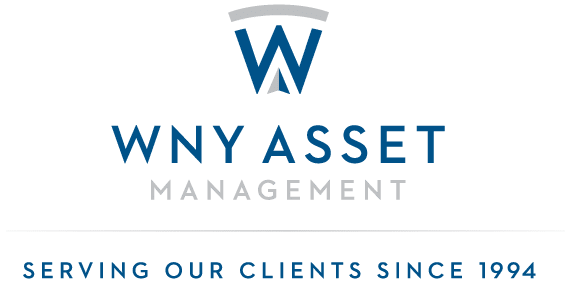
Cleaning out your closet and channeling your inner Marie Kondo on that first warm spring day can leave you feeling invigorated and ready for the season. Or maybe you see it as just another dirty task that needs to be done. Either way, while you’re on a roll de-cluttering your home to prepare for spring, take the chance to clean up your finances too.
It’s important to do an annual financial clean-up because it will help keep you on track, says A ton of stuff can happen in a year, and time and life changes very quickly. By doing this annually — and spring is a great time because people are already thinking about tidying up their lives — it keeps you motivated as you see positive change happening.
So gather up your documents, freshly filed taxes and necessary passwords, set aside a day and make your way through this checklist of financial spring cleaning:
Check Your Loan And Credit Card Balances
Get a handle on how much you owe. If you are carrying debt across multiple accounts and can’t get ahead, this can be major trouble for your financial well-being. First, figure out how much you owe on each account, and then call your creditors to see if they can set up a payment plan that provides a lower interest rate.
If you are carrying a lot of high interest debt across multiple accounts, it may make sense to consolidate or refinance those loans.
You should also check your credit reports.
Once you have your credit report, you can examine your score as well as your debts to see which debts you should put more effort into paying down this year.
Scrutinize Your Household Spending
While your income might not have changed, a major change in your life — such as marriage, divorce, buying a house or having a baby — could still require you to adjust your budget.
Review bills such as gas, electricity, cable, groceries, subscriptions, etc. Make sure you aren’t paying for things you no longer use, and look for ways to reduce your bills. Cancel the unused gym membership, or any “free trial” offers that are now showing up as charges on your account.
Reevaluate Your Insurance Needs
Dig out your auto, home, life, and health policies, as well as any other types of insurance you may be carrying, to review your premiums, deductibles, and beneficiaries and ensure it all still meets your needs.
Insurance is gambling against your own bad luck because sooner or later you’re going to need it. That doesn’t mean you should be paying more than you have to for it though. Maybe a higher deductible with a lower premium is right for you now, or maybe you can afford a more comprehensive plan. Make sure your insurance provider or agent knows about any changes you’ve made to your home, such as adding a security system or building an addition. This may lower your monthly payment.
Update Your Will, Advanced Directives and Beneficiaries
Be sure that your long-term planning documents are correct and in order by checking that the instructions are still what you want and that the guardians and beneficiaries named are still correct. You also want to include any changes to your assets and liabilities.
Shred And Discard The Paper Clutter
Don’t hoard unnecessary financial documents. Paid bills, bank statements more than a year old, and tax documents more than seven years old should be shredded and thrown out. Most financial institutions now let you access your old and new documents online, eliminating the need to keep hard copies. Most bill paying and financial transactions can be done digitally as well, so opt for paperless statements and automate your payments to avoid late fees, Woroch says.
Taking the time to spring clean your finances will give you peace of mind for the rest of the year.
IMPORTANT DISCLOSURES Broadridge Investor Communication Solutions, Inc. does not provide investment, tax, legal, or retirement advice or recommendations. The information presented here is not specific to any individual's personal circumstances. To the extent that this material concerns tax matters, it is not intended or written to be used, and cannot be used, by a taxpayer for the purpose of avoiding penalties that may be imposed by law. Each taxpayer should seek independent advice from a tax professional based on his or her individual circumstances. These materials are provided for general information and educational purposes based upon publicly available information from sources believed to be reliable — we cannot assure the accuracy or completeness of these materials. The information in these materials may change at any time and without notice.
Prepared by Broadridge Investor Communication Solutions, Inc. Copyright 2021.
